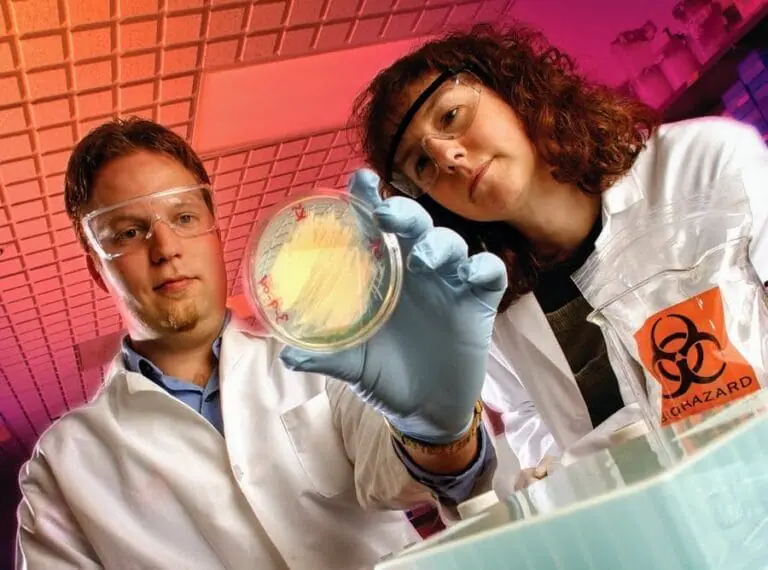
New master’s degree in health informatics meets industry need
The University of Wisconsin–Madison has introduced a new online Master of Science in Clinical and Health Informatics. Housed in the School of Medicine and Public Health, the degree meets the growing needs of the health informatics industry.
The new professional degree is designed to prepare graduates for critical jobs in health care “by embracing innovations in clinical informatics that will accelerate the transformation to evidence-based and cost-effective patient care,” says Elizabeth Burnside, deputy executive director of the Institute for Clinical and Translational Research and associate dean in the School of Medicine and Public Health.
The interdisciplinary program brings faculty expertise from areas across the university, including population health, industrial systems engineering, nursing, pharmacy, biomedical informatics and health care operations management. It provides students with the experience and foundation they need to create innovative solutions aimed at improving current health care practices. Upon graduation, they should be prepared to make data-driven decisions in health policy, data security and clinical practice.
“Expertise in clinical and health informatics is required in the top tier of job openings involving health care data using health record analysis, database design and security,” says Burnside. “Developing and supporting the workforce to continue to create and deliver the technology that will advance human health is crucially important for our communities.”
Online format for working professionals
The 30-credit online program is open to students from a wide spectrum of academic and professional backgrounds, including those with information technology or clinical experience. The program is accepting applications on a rolling basis until July 22 and the first cohort will start classes in September 2020.
It is designed for busy working professionals who bring their real-world experience to a collaborative and engaging online environment.
“This work is now more important than ever in helping close the gap in care and services for under-served populations,” says Mary Thompson, interim program director. “The program is uniquely tailored to address market demand and further the mission of the School of Medicine and Public Health by improving health in communities across the state and around the world.”
Published on Mar 30 2020
Last Updated on Jul 11 2024
Categories: Professional Degrees & Certificates
Previous Post
Career stalled? What to do next



